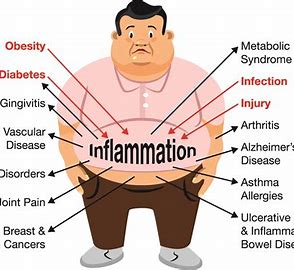The principle of individuality, often referred to in various contexts, generally emphasizes the uniqueness and distinctiveness of each individual. This principle recognizes that every person is different in terms of their characteristics, abilities, experiences, and traits. Here are a few areas where the principle of individuality may be applied:
- Education: In education, the principle of individuality suggests that students have different learning styles, strengths, and weaknesses. Teachers should tailor their approaches to meet the diverse needs of students, recognizing that one-size-fits-all methods may not be effective.
- Health and Medicine: In the field of medicine, the principle of individuality is important in understanding that patients may respond differently to treatments due to their unique genetic makeup, lifestyle, and other factors. Personalized medicine takes individual variations into account for more effective and targeted healthcare.
- Psychology: In psychology, the principle of individuality is central to the study of personality and behavior. It recognizes that each person has a unique set of traits, preferences, and experiences that shape their identity and influence their actions.
- Sports and Fitness: In sports and fitness training, the principle of individuality suggests that athletes may require customized training programs based on their specific strengths, weaknesses, and goals. What works well for one person may not be suitable for another.
- Legal and Ethical Considerations: In legal and ethical discussions, the principle of individuality underscores the importance of treating each person as a unique and autonomous individual. Laws and ethical frameworks should consider the diversity of human experiences and values.
Understanding and respecting the principle of individuality is crucial for creating inclusive and effective systems, whether in education, healthcare, psychology, or other fields. It acknowledges the richness of human diversity and emphasizes the need for personalized approaches to meet the varying needs of individuals.

